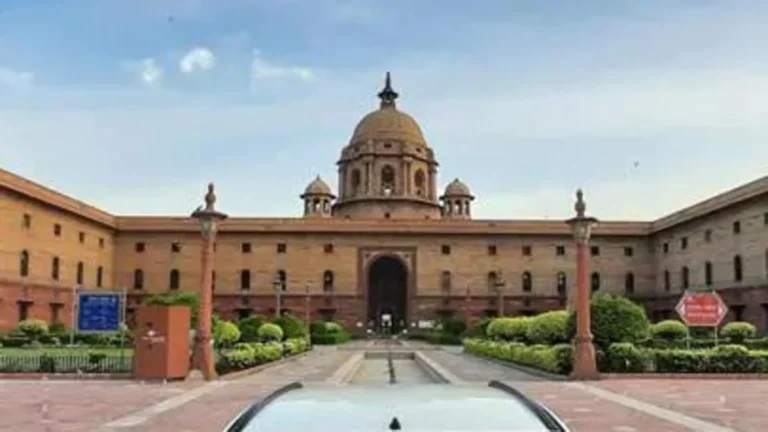New Delhi on Tuesday opposed a bid by Beijing and Islamabad to include third countries in the China-Pakistan Economic Corridor (CPEC), saying the project passes through illegally occupied Indian territory and such a move will be illegal and unacceptable.
During a meeting on the controversial CPEC project on July 21, Pakistan and China sought the participation of “interested third parties” in mutually beneficial cooperation opened up by the economic corridor, a key part of which passes through Pakistan-occupied Kashmir (PoK).
External affairs ministry spokesperson Arindam Bagchi said India has seen reports on the two countries encouraging the proposed participation of third countries in “so-called CPEC projects”, and said: “Any such actions by any party directly infringe on India’s sovereignty and territorial integrity.”
Bagchi reiterated India’s opposition to CPEC, a network of highways, rail links, power plants, manufacturing units and massive infrastructure projects launched in 2013, on the ground that projects are being built in illegally occupied Indian territory.
“India firmly and consistently opposes projects in the so-called CPEC, which are in Indian territory that has been illegally occupied by Pakistan,” he said.
“Such activities are inherently illegal, illegitimate and unacceptable, and will be treated accordingly by India,” he added.
CPEC was launched as a flagship venture under Chinese President Xi Jinping’s Belt and Road Initiative. However, Pakistani politicians and rights groups have accused CPEC of exploiting the country’s natural resources without providing benefits to local communities. Over the years, concerns have been expressed about a national fibre-optic network and monitoring and surveillance capabilities to be created in Pakistani cities.
At the virtual third meeting of the CPEC joint working group on international cooperation and coordination held on July 21, China and Pakistan described the economic corridor as “an open and inclusive platform”, and “welcomed interested third parties to benefit from avenues for mutually beneficial cooperation opened up by CPEC”, according to a statement issued by Pakistan’s Foreign Office.
The meeting, co-chaired by Pakistan’s foreign secretary Sohail Mahmood and China’s assistant foreign minister Wu Jianghao, reviewed the implementation of CPEC and its “expansion to jointly agreed priority areas”.
Mahmood emphasised the centrality of the “time-tested Pakistan-China All-Weather Strategic Cooperative Partnership” in Islamabad’s foreign policy and said the “vitality and dynamism of CPEC reflected the deep-seated mutual goodwill that lay at the heart of the bilateral relationship”.
The two sides agreed CPEC’s development has reached a “new point, with increasing emphasis on high-quality development of industry, agriculture, IT, and science and technology”, and has also “broken new ground in strengthening international and regional connectivity, especially in the context of its extension to Afghanistan”.
To be sure, Pakistan has tried to bring in investments from other countries such as Saudi Arabia for CPEC in the past but hasn’t had much success in these efforts.

Odyssey has been the lead content writer and content marketer. He has vast experience in the field of writing. His SEO strategies help businesses to gain maximum traffic and success.

